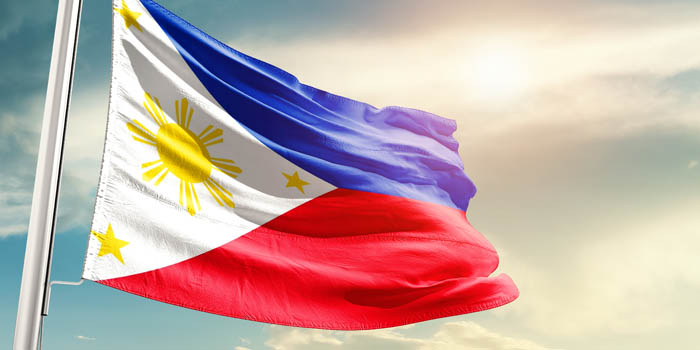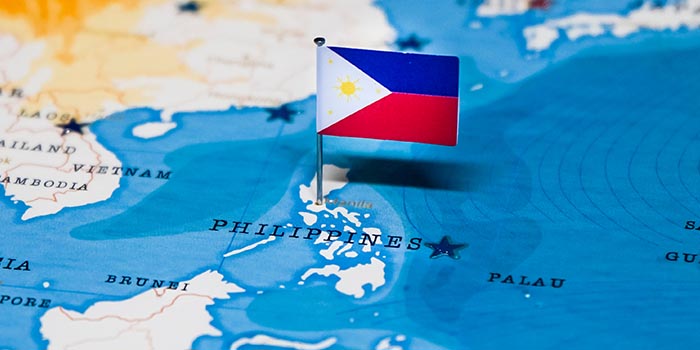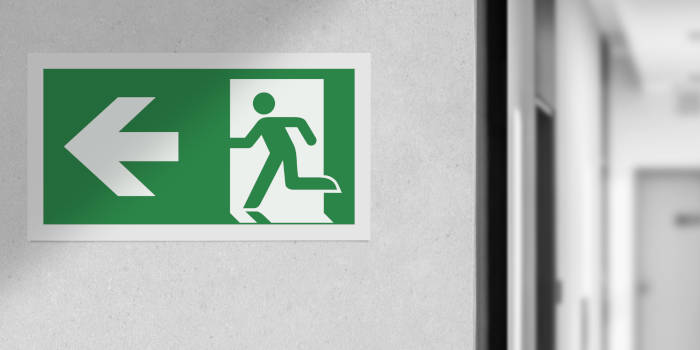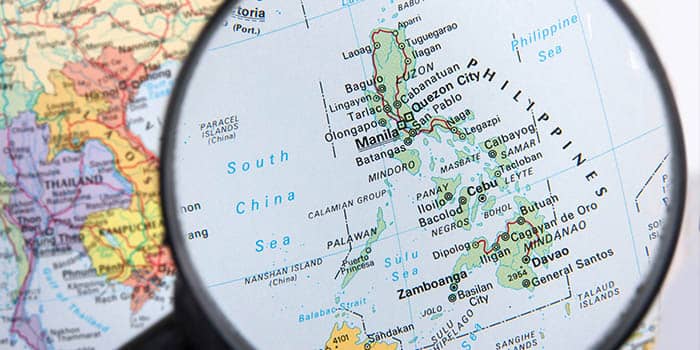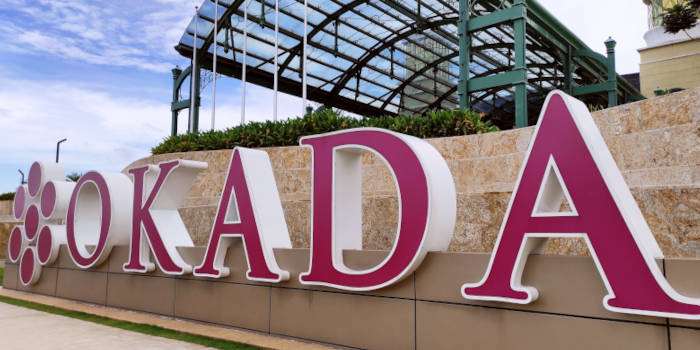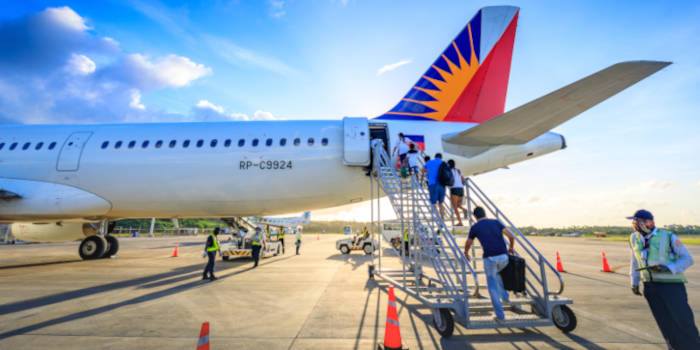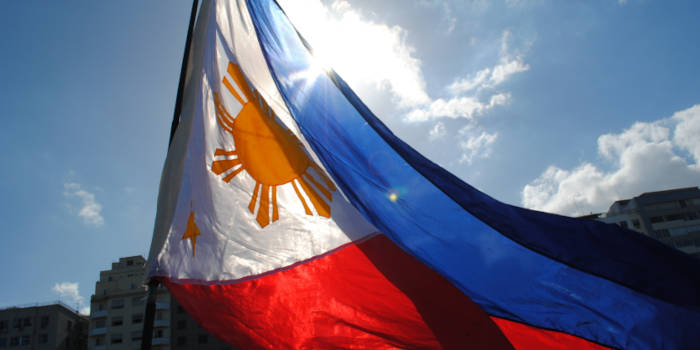POGOs to Undergo New, Stricter Vetting Process

POGOS announced news regulatory measures that will determine the validity of licensee-holders in the Philippine offshore gaming industry and whether they are compliant with government-issued norms.
New, Stricter POGO Vetting Underway
The Philippine gaming regulator released a statement on Friday, May 8, cautioning operators that tougher gambling laws would come into effect moving forward, and specifically targeting offshore brands that offer online gaming.
In explaining the new “stricter vetting practices,” the Philippine Amusement and Gaming Corp (PAGCOR) explained that it had discovered an unauthorized operator in Manilla earlier the same week on Tuesday.
This comes after on May 1, PAGCOR said that all licensee holders may resume activity. Philippine Offshore Gaming Operators (POGOs) were allowed to renew operations in limited capacity, complying with health measures and government-issued recommendations to help prevent the further spread of COVID-19.
The government and regulator began shutting down activities in mid-March, after COVID-19 began to take a toll and overwhelm the country’s healthcare system. First to go were all land-based operators, followed by POGOs.
PAGCOR did clarify that the regulator didn’t have the remit to arrest parties in violation of the watchdog’s code. However, this would not stop the regulator from conducting more thorough checks of known venues to ensure that they comply with the industry’s norms for “the good of the country.”
“Because of the limitations of its charter, PAGCOR has no police powers. Hence, it could not arrest or prosecute illegal gambling operations.”
Earlier this year, there was a rumor that the government was planning to sell its offshore gaming industry to fund the ongoing efforts to limit the spread of COVID-19.
POGOs Come Back, Face New Challenges
POGOs were re-opened to allow the Philippine government raise additional funds and help fund an already ailing healthcare system. PAGCOR enacted the measure after Joseph Bernos, a chairperson of the Committee on Games and Amusements in the House of Representatives, had urged the regulator to toughen its stance on the non-regulated industry offshore.
“NOGOs,” as illegitimate operators are called, will now face tougher actions. Previously, PAGCOR contributed $100,000 towards the creation of a special compliant and monitoring center as part of the Department of Justice and the Office of Cybercrime.
A number of institutions will come together in ensuring that NOGOs are acted against. The confirmed government institutions to take part are Philippine National Police, the National Bureau of Investigation and the Bureau of Immigration, and the Office of Cybercrime.
Meanwhile, PAGCOR director Andrea Domingo has recently said that suspending the operation of POGOs back in March had deprived the operator of $12 million in potential monthly revenue. POGOs first faced government pressure pertaining to the novel coronavirus outbreak in January, when the government ordered the gaming facilities to put any high-risk employees returning from abroad under a ten-day quarantine.
Cracking on Illegal Operations
While PAGCOR has been sorting out the regulatory end, there has been more action against illegal operators. PAGCOR welcomed the arrest of 76 individuals who had been running an illegal gaming and betting ring.
Meanwhile, several lawmakers filed an Anti-POGO Act, responding to news that POGOs will reopen at partial capacity. The measure is unlikely to pass through.
Stoyan holds over 8 years of esports and gambling writing experience under his belt and is specifically knowledgeable about developments within the online scene. He is a great asset to the GamblingNews.com team with his niche expertise and continual focus on providing our readers with articles that have a unique spin which differentiates us from the rest.

